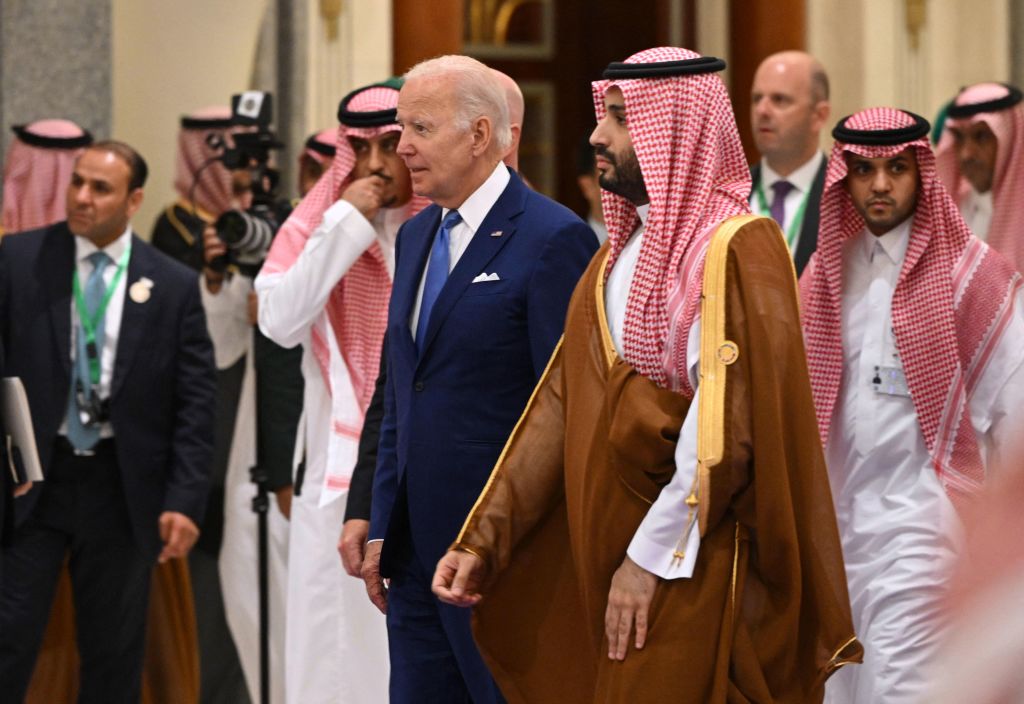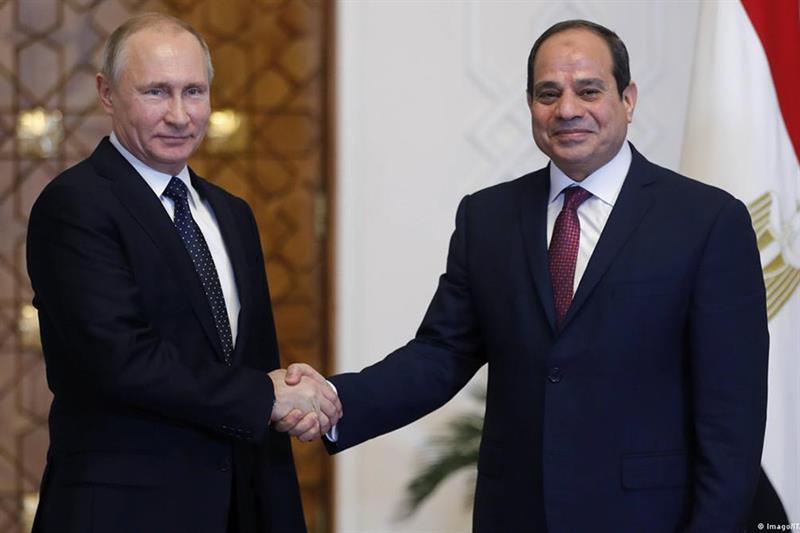In a significant development in international relations, US President Joe Biden hinted at the possibility of a groundbreaking deal with Saudi Arabia on Friday, aiming to foster normalization between the kingdom and Israel. While addressing contributors to his 2024 re-election campaign in Freeport, Maine, Biden suggested that a “rapprochement” might be underway, but specifics of the potential agreement were not disclosed. US officials have been persistently pursuing this historic agreement for months, facing resistance from the Saudis, but remain cautiously optimistic, taking cues from previous successful agreements in the region.
Biden’s Ambiguous Remark on Possible Deal
During an event in Freeport, Maine, US President Joe Biden delivered an intriguing statement, indicating that a deal with Saudi Arabia may be on the horizon, igniting excitement and curiosity among onlookers. Biden, however, refrained from revealing the specifics of the potential agreement, leaving room for speculation. The nation’s top officials have been tirelessly working to achieve a significant breakthrough in relations between Saudi Arabia and Israel, but the road to normalization has been met with challenges and resistance from the Saudi side.
Speculations on US-Saudi Mutual Security Pact
New York Times columnist Thomas Friedman recently shed light on a prospective US-Saudi mutual security pact, which could hold the key to Saudi Arabia establishing normalized relations with Israel. This potential agreement, if pursued, would carry immense geopolitical implications in the region, potentially altering the Middle East’s dynamics. Biden’s national security adviser, Jake Sullivan, played a vital role in the delicate negotiations during his visit to Jeddah. Sullivan’s discussions with Middle East envoy Brett McGurk centered around the possibility of fostering a normalization deal, underscoring the seriousness of the Biden administration’s efforts.
Drawing from Previous Successful Agreements
Cautiously optimistic about the prospect of a normalization deal between Israel and Saudi Arabia, US officials draw inspiration from previous agreements brokered during the Trump administration. Former President Donald Trump’s administration succeeded in facilitating similar accords between Israel and Morocco, Sudan, Bahrain, and the United Arab Emirates, signaling a shift in diplomatic alliances in the region. The Biden administration seeks to build upon these past successes and unlock the potential for yet another historic breakthrough in the Arab-Israeli conflict.
In conclusion, as the Biden administration navigates the delicate path towards normalization between Saudi Arabia and Israel, the world holds its breath for a potentially historic breakthrough. The ambiguity surrounding Biden’s remarks adds to the anticipation and curiosity. While challenges persist, the prospect of a US-Saudi mutual security pact brings hope for a transformative shift in Middle East dynamics. Drawing from past successes, US officials maintain cautious optimism for a resolution to the long-standing Arab-Israeli conflict, fostering stability and cooperation in the region.
















